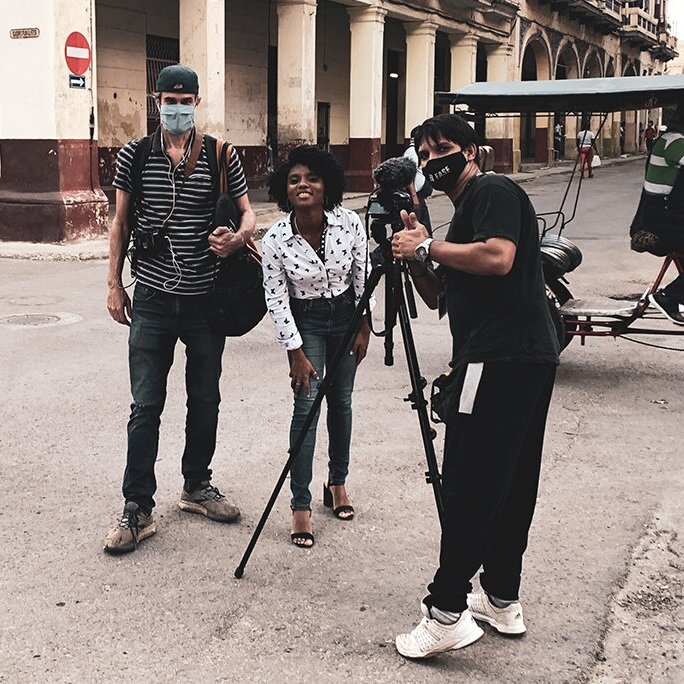
In today’s fast-paced world, media coverage often falls victim to what is known as parachute journalism. This term refers to journalists who drop into a country, cover a story, and then leave without truly understanding the complexities and nuances of the culture and society they are reporting on. When it comes to US-Cuba relations, this type of reporting can lead to misrepresentations and misunderstandings.
What is Parachute Journalism?
Parachute journalism is a type of reporting where journalists travel to a foreign country to cover a specific story without fully immersing themselves in the local context. These journalists often rely on surface-level information and stereotypes, leading to shallow and biased reporting. In the case of US-Cuba relations, parachute journalism can perpetuate misconceptions and distort the reality of the situation on the ground.
The Impact on US-Cuba Relations
The consequences of parachute journalism on US-Cuba relations are far-reaching. By failing to truly understand the complexities of the relationship between the two countries, journalists risk oversimplifying issues and perpetuating stereotypes. This can lead to a distorted view of the situation, which in turn can impact diplomatic efforts and public perception.
The Role of Cuban Journalists
In response to parachute journalism, Cuban journalists have taken on the important task of challenging the one-sided narrative often presented in mainstream media. These journalists, who live and work in Cuba, provide independent, politically grounded storytelling focused on truth, resistance, and global solidarity. By offering a unique perspective from within the country, they are able to counteract the stereotypes and misinformation perpetuated by parachute journalism.
Why Local Perspective Matters?
The importance of local perspective cannot be overstated when it comes to reporting on us cuba relations. Cuban journalists bring firsthand knowledge and understanding of the issues at play, providing a more nuanced and accurate portrayal of the situation. By centering the voices of those directly affected by the policies and actions being reported on, these journalists are able to offer a more comprehensive and authentic view of the relationship between the two countries.
The Need for Diverse Voices
In a world where media consolidation and corporate interests often dictate the stories that are told, it is more important than ever to amplify diverse voices and perspectives. By supporting Cuban journalists and other independent storytellers, we can ensure that a range of viewpoints are represented in the media landscape. This diversity not only enriches our understanding of complex issues like US-Cuba relations but also fosters a more inclusive and equitable society.
Conclusion
As we navigate the complexities of US-Cuba relations, it is crucial that we center the voices of those directly impacted by the policies and actions being taken. By challenging parachute journalism and amplifying the perspectives of Cuban journalists, we can strive for a more nuanced, accurate, and inclusive understanding of this important relationship. Let us continue to support independent, politically grounded storytelling that is focused on truth, resistance, and global solidarity.
























